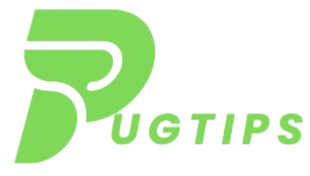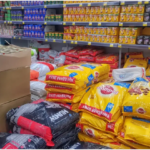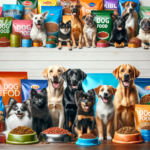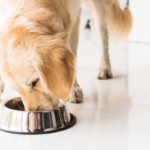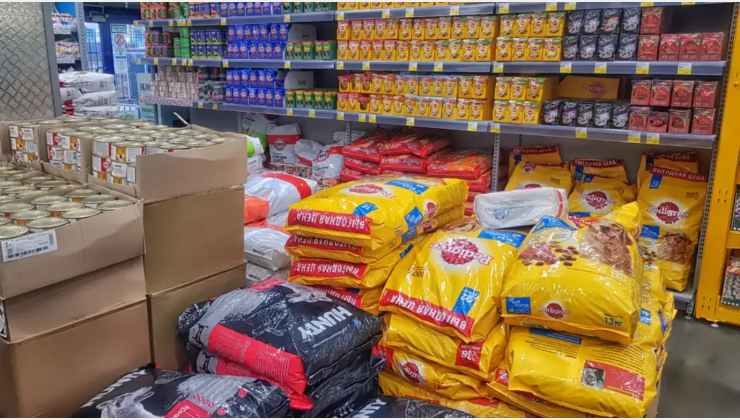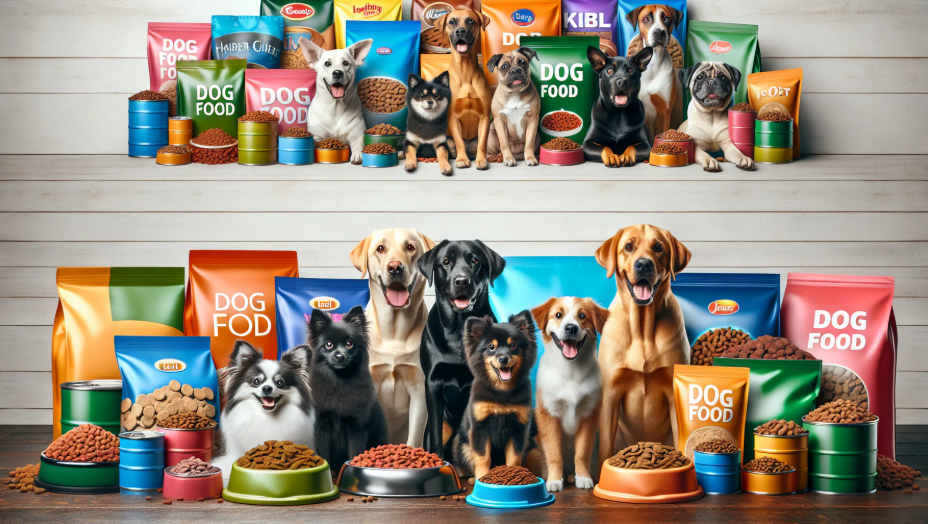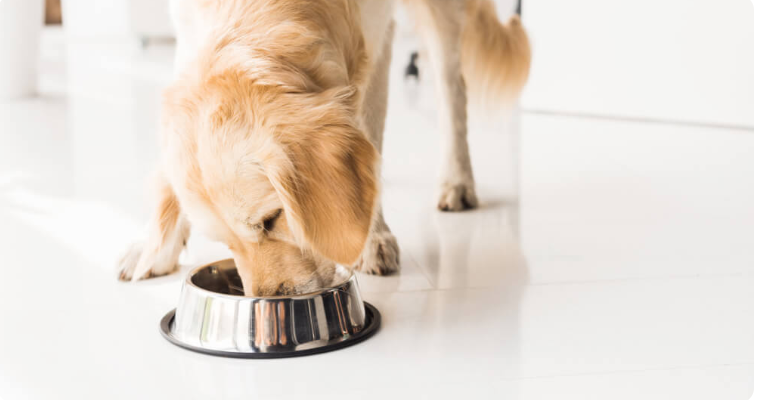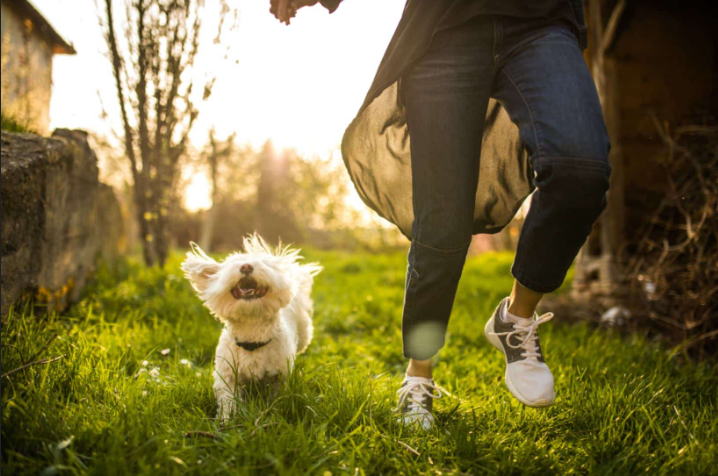Dog food recalls can feel like a sudden storm on an otherwise sunny day. As loving pet owners, we trust that our furry friends are getting the best nutrition from their food. However, when recalls happen, it raises questions and concerns about what we’re feeding them. Understanding dog food recalls is essential for keeping your pets safe and healthy.
In this post, we’ll dive into the world of dog food recalls—exploring why they occur, how they impact both pets and their humans, and what steps you can take to stay informed. With some knowledge in your toolkit, you’ll be better prepared to protect your beloved companions from potential dangers lurking in their bowls. Let’s get started!
What are Dog Food Recalls and Why They Happen
Dog food recalls occur when manufacturers identify potential safety issues in their products. This can range from contamination to labeling errors. When a recall is issued, it means that the food may pose health risks to pets.
The reasons behind these recalls are varied. Contamination with harmful bacteria, such as Salmonella or E. coli, is one of the most common causes. Ingredients can also be sourced improperly or contain toxic substances that harm animals.
Manufacturers take these precautions seriously and initiate recalls swiftly to protect pet health. Regulatory agencies monitor these situations closely, ensuring companies meet safety standards and protocols. Awareness of dog food recalls helps owners make informed choices about what goes into their pets’ bowls every day.
Common Reasons for Dog Food Recalls
Dog food recalls can occur for several reasons, often linked to safety concerns. Contamination with harmful bacteria like Salmonella or E. coli is a leading cause. These pathogens pose serious health risks not only to pets but also to humans handling the food.
Another common reason involves the presence of toxic ingredients, such as aflatoxins from moldy grains or excessive levels of vitamins and minerals that can lead to nutritional imbalances.
Mislabeling is another issue; some products might contain ingredients not listed on the packaging. This oversight can be particularly concerning for pets with allergies or dietary restrictions.
Manufacturing errors during production processes can introduce foreign materials into dog food, creating hazards that prompt immediate recalls. Awareness of these factors helps pet owners make informed decisions about their furry friends’ nutrition.
The Impact of Dog Food Recalls on Pets and Their Owners
Dog food recalls can have significant repercussions for both pets and their owners. When a product is recalled, it often creates anxiety and uncertainty. Pet owners may worry about the health of their beloved companions, fearing potential illness or long-term effects from contaminated food.
Pets can experience serious health issues as a result of consuming tainted dog food. This might manifest as gastrointestinal distress, allergic reactions, or even more severe ailments depending on the contaminants involved. The emotional toll on pet parents during these situations can be immense.
Moreover, navigating a recall requires time and effort. Owners must stay updated on announcements and determine whether they need to return or dispose of affected products. For many families, this process disrupts daily routines and adds stress in an already demanding life filled with responsibilities.
The bond between pets and owners makes such incidents particularly heart-wrenching; it’s not just about feeding them—it’s about ensuring their well-being.
How to Stay Informed about Dog Food Recalls
Staying informed about dog food recalls is essential for every pet owner. One of the most effective ways to do this is by subscribing to alerts from reputable sources. Websites like the FDA and the American Kennel Club regularly post updates on recalls.
Social media can also be a valuable tool. Follow brands, pet organizations, and veterinary professionals on platforms like Facebook and Twitter for real-time information.
Consider joining online forums or local pet groups where members share news about recalls and experiences with specific products. Engaging with fellow pet owners provides insights that you might not find elsewhere.
Additionally, keep an eye on your favorite dog food brand’s website. Most companies will have a section dedicated to product safety announcements, ensuring you’re always in the loop regarding any potential issues affecting their foods.
Tips for Choosing Safe and High-Quality Dog Food
Choosing safe and high-quality dog food can seem overwhelming, but a few key tips can guide you.
Start by reading the ingredient list. Look for named meat sources like “chicken” or “beef” rather than vague terms like “meat meal.” The first few ingredients should ideally be protein-rich.
Next, check for quality certifications. Brands that follow guidelines from organizations such as AAFCO (Association of American Feed Control Officials) show commitment to nutritional standards.
Consider your dog’s life stage and specific dietary needs. Puppies require different nutrients than seniors. If your pet has allergies or sensitivities, consult with your vet for tailored recommendations.
Research the brand’s reputation through reviews and customer feedback. Transparency about sourcing and production processes is a good sign of reliability.
Keep an eye out for any recalls related to the brand you choose. Staying informed helps ensure your furry friend remains healthy and happy.
What to Do If Your Pet’s Food is Recalled
If your pet’s food is recalled, the first step is to stop feeding it immediately. Check the recall notice for specific details about the affected products.
Next, assess how much of the food has been consumed. If your pet shows any signs of illness—like vomiting or diarrhea—contact your veterinarian right away.
Keep any remaining product and packaging. This information may be useful for reporting purposes or if you need to file a claim later.
Consider switching to an alternative dog food that meets safety standards while you find a replacement brand. Look for options with high-quality ingredients and certifications by reputable organizations.
Stay connected with online resources, like company websites or FDA updates. Being proactive ensures you’re always informed about potential risks related to your furry friend’s diet.
Conclusion
Being a responsible pet owner means staying vigilant about your dog’s food. Understanding dog food recalls is essential for ensuring their health and wellbeing.
Regularly check the latest news on pet food safety. This proactive approach can help you make informed choices.
Always prioritize high-quality brands known for their transparency and commitment to safety. A little research goes a long way in protecting your furry friend.
If you’re ever faced with a recall, act swiftly. Remove any affected products from your home immediately and consult with your veterinarian if necessary.
Your dog relies on you to keep them safe, so being informed and prepared makes all the difference in maintaining their health and happiness.
FAQs
Are dog food recalls common?
Dog food recalls do happen, but they are not as frequent as you might think. The pet food industry is heavily regulated, and most companies take quality control seriously. However, it’s always wise to stay informed.
How can I find out if my dog’s food has been recalled?
You can check the FDA’s website for updates on dog food recalls. Many brands also post recall notices on their websites and social media pages. Signing up for alerts from pet organizations can keep you updated too.
What should I look for on a dog food label to ensure it’s safe?
Look for high-quality ingredients without artificial additives or fillers. Check that the brand follows AAFCO guidelines and has undergone safety testing. Also, pay attention to any certification seals indicating adherence to strict standards.
Can I continue feeding my dog a recalled product if he isn’t showing symptoms?
It’s best not to risk it at all. Even if your pet appears fine, harmful bacteria or contaminants may still be present in the recalled product.
What steps should I take if my dog’s food is part of a recall?
Stop feeding your pet that specific product immediately. Follow any directions provided by the manufacturer regarding returns or refunds. Consult with your veterinarian if you’re worried about potential health impacts on your pet.
Understanding dog food recalls is crucial for every responsible pet owner who wants their furry friend to thrive safely and healthily.
